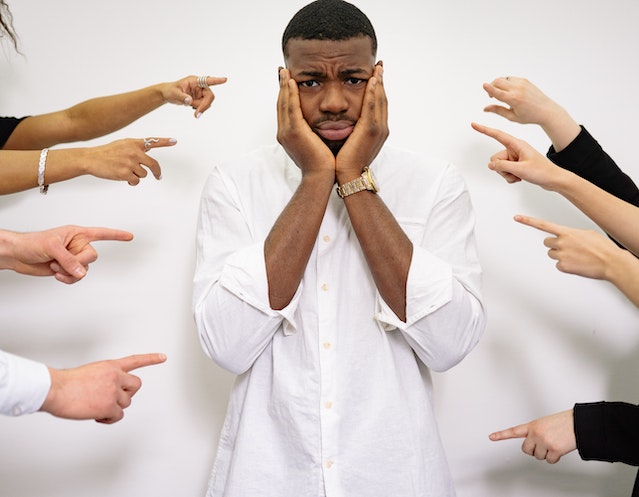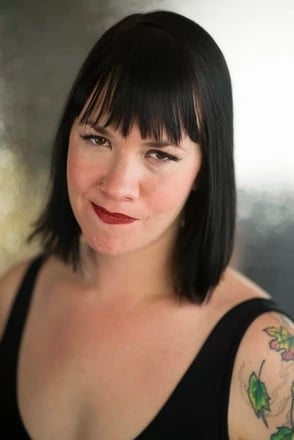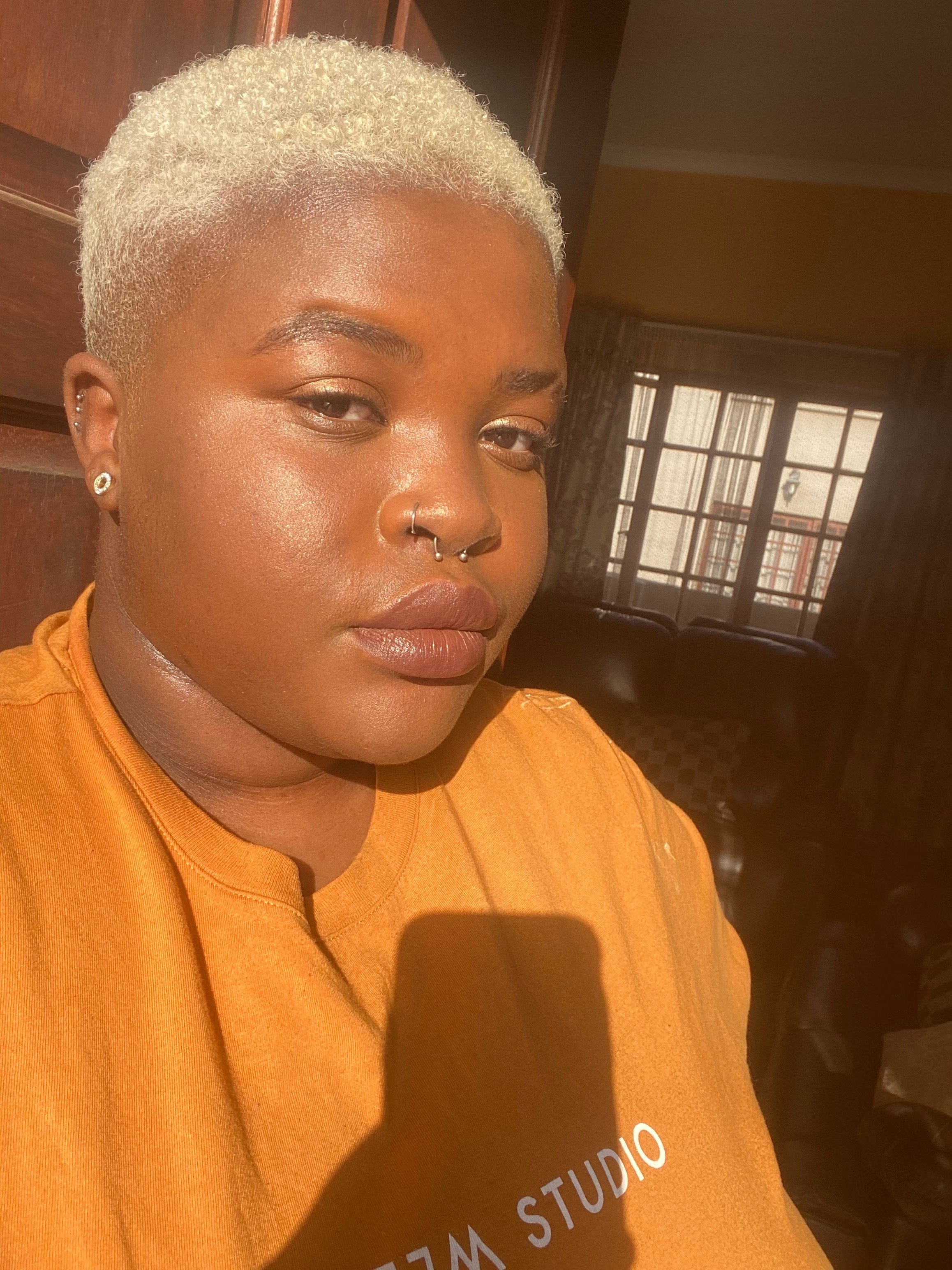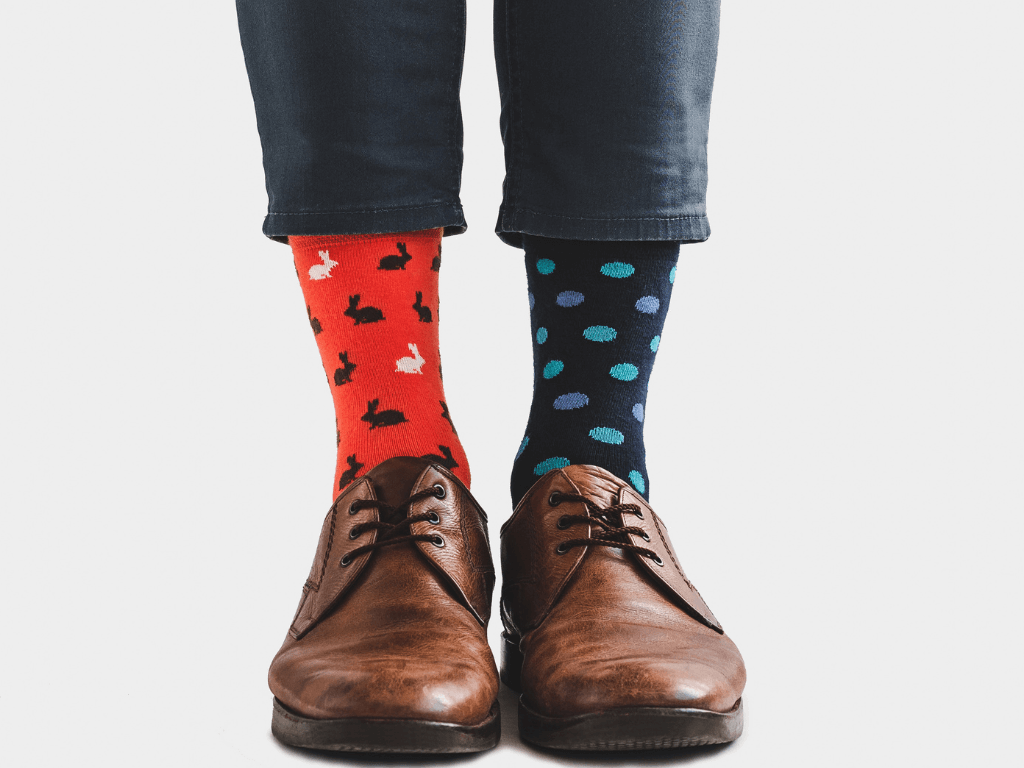ADHD is so much more than a “short attention span.”
About 70% of ADHDers experience emotional dysregulation,1 which means we struggle to manage our moods and feelings — and we may have intense reactions to things. This can lead to people in our lives accusing us of being dramatic, sensitive, or too emotional.
But - you’re not dramatic, sensitive, or too emotional. Really. You just process and experience things differently than neurotypical folks.
ADHDers tend to experience more intense emotions, and that can include deep emotional pain caused by criticism or rejection. (Sometimes even physical pain.)
You might be on constant alert for rejection, or even think you’re being criticized when you’re not. This intense fear of rejection and criticism is called rejection sensitive dysphoria, or RSD for short.
RSD goes hand in hand with ADHD... have you experienced it?
Find 7 common warning signs below.
Looking for something else?
Too long; didn't read
• ADHD is more than just a short attention span and often involves emotional dysregulation and many other comorbidities.
• Rejection Sensitive Dysphoria (RSD) is common in people with ADHD and involves intense fear of rejection and criticism.
• RSD can contribute to other mental health issues, but recognizing it can lead to self-acceptance.
Signs that you're experiencing rejection sensitive dysphoria

1. You dread checking your email.
Do you avoid checking your email for as long as possible? Is it because you’re convinced there’s always bad news hiding in your inbox? Ugh, same.
After I send emails that are job-related, I avoid my inbox for days afterwards. I’m terrified that the reply will be negative or confrontational, so I just end up ghosting the person.
Sometimes I’ll see a response notification for an important email, but I’ll leave it unread for the entire week (and spend that week obsessing and stressing over the horrible news that surely must be inside).
Does that sound familiar? That’s often a sign of RSD!
2. Criticism literally ruins your day.
Criticism is a normal part of life! And when it's delivered constructively, criticism can help us grow and improve as students, professionals, or just as plain ol' humans.
If you have RSD, you might know - deep down - that’s true, but your brain doesn't always cooperate. If you're receiving any feedback with just a hint of negativity — even teeny-tiny, ever-so-kindly-delivered criticism — and you're immediately thrown into a spiral of shame, despair, or anger... you’ve likely been experiencing RSD.
3. You avoid new opportunities.
If you don’t apply for a job, you can’t get rejected from a job... right!?
If you don’t go on a first date, it’s impossible to be rejected for a second... right..?
Of course, this strategy also means you’ll never get a new job. Or second date.
If you tend to avoid trying new things just because there's a small possibility of rejection, it could be because your rejection sensitive dysphoria is rearing its head.
4. People have said that you “take things too personally”.
This is something that many ADHDers have been told lots of times. We appear emotionally reactive to others who — instead of getting curious about our experience — tend to dismiss us.
I personally know a woman who, throughout her childhood and adolescence, was told she takes things too personally. This made her feel very bad about herself, and she spent years feeling ashamed of this "embarrassing flaw."
But then in her early 30s, she learned about RSD and realized this is simply the way her brain is wired. She has since been able to forgive herself and has started to work on letting things go.
Oh, and her name is me. If you identify with my story, you, too, could have RSD.
5. You’re convinced your partner is mad at you. Like, all the time.
When your partner goes from a cheerful mood at 7 p.m. to an irritable or quiet state at 8 p.m., how do you respond?
Do you immediately worry they’re mad at you?
Do you ask them over and over if they’re mad?
Do you obsess over what you might have said or done to make them angry?
Do you dismiss more realistic explanations — like that their mood is probably related to a work email or feeling tired and has nothing to do with you at all?
If the bad moods of your loved ones make you obsessively worry over whether or not it’s your fault, you likely have RSD.
6. You ruminate over embarrassing moments.
You know when you say something that you later regret? Maybe you got a fact wrong, accidentally insulted a friend, or told a lie you wish you could take back.
Do you wince for a moment, and then let it go and move on? Or... do you play the memory over and over in your mind, ruminating over every painful detail, desperately wishing you could go back in time and stop yourself from ever saying or doing that embarrassing thing?
Everyone at some point says things they wish they hadn’t — even people without ADHD or RSD. But if you obsess over your faux pas to the point where it causes anxiety or despair, that’s likely the RSD talking.
7. You’ve been diagnosed with ADHD.
This one is kind of a freebie.
As you are now well aware, RSD can be a major part of navigating ADHD. So if you already know you have ADHD, it’s pretty likely that you also experience RSD. Even if you don’t have ADHD — or you aren’t sure —you can still struggle with RSD.
RSD can contribute to other mental health issues, like anxiety, autism, depression, OCD, or phobias.
But hey, guess what?! Now you have a name for it! To paraphrase various wise people throughout the ages,
Don’t let rejection sensitivity control your life. The Inflow app has a 5-day learning module on RSD and a huge community of ADHDers who understand exactly how it feels. Join Inflow today!
You’re not alone.
If you recognized yourself anywhere in this list, I hope that recognition has brought you some comfort. You're not alone! Though emotional dysregulation and RSD sometimes makes life difficult, these aren't always bad traits.
This intensity can also impact our experiences of love and empathy, making us supportive friends. Being sensitive isn’t a bad thing — it means you’re in tune with others’ emotions and that your heart is open. And yes, I know that’s sappy hippie stuff, but I stand by it.
Forgive yourself for being “too much.”
You are just the right amount.






.jpg)

